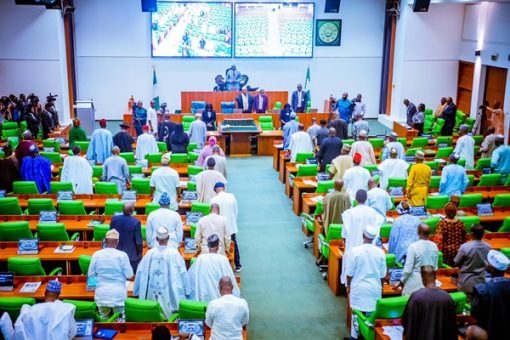Rep. Ikenga Ugochinyere (PDP-Imo) said this in a statement in Abuja on Friday, following the rejection of the bill on Nov. 21 during plenary.
The News Agency of Nigeria (NAN) reports that the bill sought the introduction of a six-year single term for the president, governors and local government chairmen.
NAN also reports that the bill sought zonal rotation of presidential and governorship seats, as well as holding all elections in one day.
Ugochinyere, however, said that all hope was not lost on the bill, as more consultations would be done.
The lawmaker, who is the lead sponsor of the bill, said that the decision on the floor of the house would not put an end to agitation and hope, insisting that the objective behind the bill would be realised.
“The struggle to reform our constitutional democracy to be all-inclusive and provide an avenue for justice, equity and fairness has not been lost.
“The decision on the floor of the house yesterday (Thursday) not to allow the bill for six-year single tenure and all elections to hold in one day will not end the agitation,” he said.
Ugochinyere described the rejection of the bill as a temporary setback that would not affect the campaign for an all-inclusive democratic process.
“We are going to review this decision and find possible ways of reintroducing it after, following due legislative procedures.
“All I can tell Nigerians is that we will continue the advocacy and convince our colleagues to see reason with us.
“If elections are held in one day, it will reduce cost and rigging.
“If power rotates, it will help de-escalate political tensions and six-year single term will go a long way in helping elective leaders to focus on delivering their democratic mandate,” he said.(NAN)











